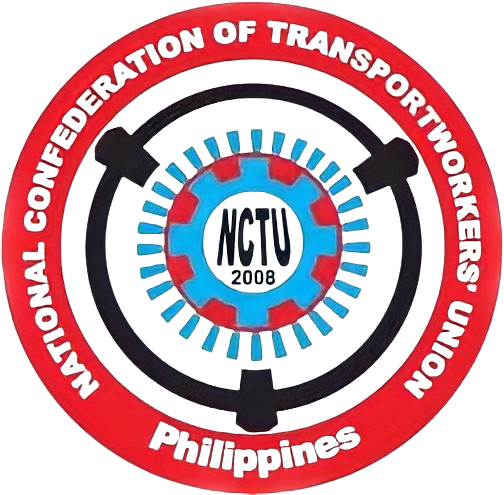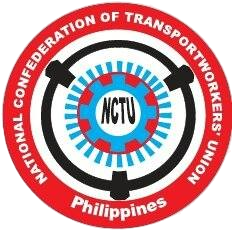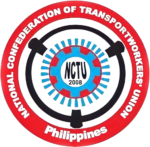R.S.L. Angeles, N.A.A. Cobarrubias, B.M.C. Cipriano, J.E. Aguilar, R.H.N. Bendaña, This Version: 28 November 2024
This study examines the PUV Modernization Program (PUVMP) to determine how the concept of just transition can be incorporated into the program to address the needs of vulnerable transport workers and the commuting public. Case studies of transport service cooperatives from the National Confederation of Transport Workers Union (NCTU) from Regions NCR, IV-A, and VII show diverse experiences of cooperatives undergoing consolidation and fleet modernization under the PUVMP.
The cooperatives from Region IV-A and VII are considered as successful cases of consolidation and modernization, while the NCR cooperative was unable to receive a bank loan to purchase modern PUV units, hindering their compliance to the program. This emphasizes the need for the government to address external factors that influence cooperatives’ inability to participate in the program. The study shows that successful and just transition under the PUVMP necessitates government support in the form of equity subsidy and service contracting. Cost recovery analysis provides empirical evidence that adequate government investment can address the primary point of opposition for the implementation of the PUVMP which is the high capital cost of purchasing modern jeepneys.


